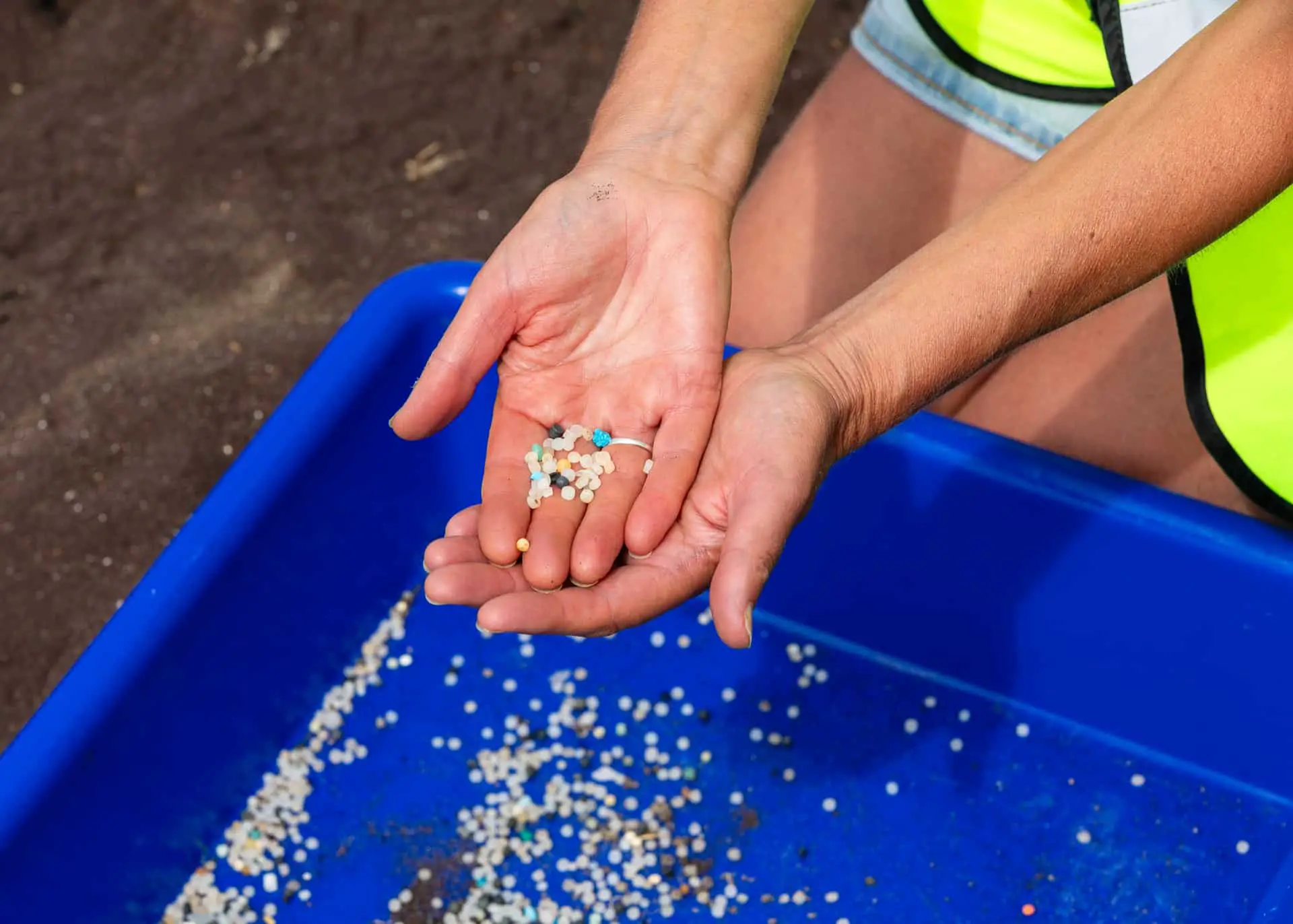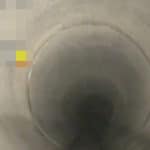This September, local community group, Planet Aware, are calling for Islanders to get involved in a global plastic pollution survey: “THE GREAT NURDLE HUNT”, ahead of the United Nations (UN) Global Plastic Treaty negotiations.
The data collected from surveys of plastic pellets our Island beaches will be added to data collected around the world on these plastic pellets. With hundreds of volunteers and organisations across the planet set to take part, it will help to uncover the extent of this industrial plastic pollution.
Islanders can help
Evidence from the Global Nurdle Hunt is vital for work on finding solutions to nurdle pollution and Islanders can help.
The data from the “hunts” can be logged online to help build a global map of nurdle pollution.
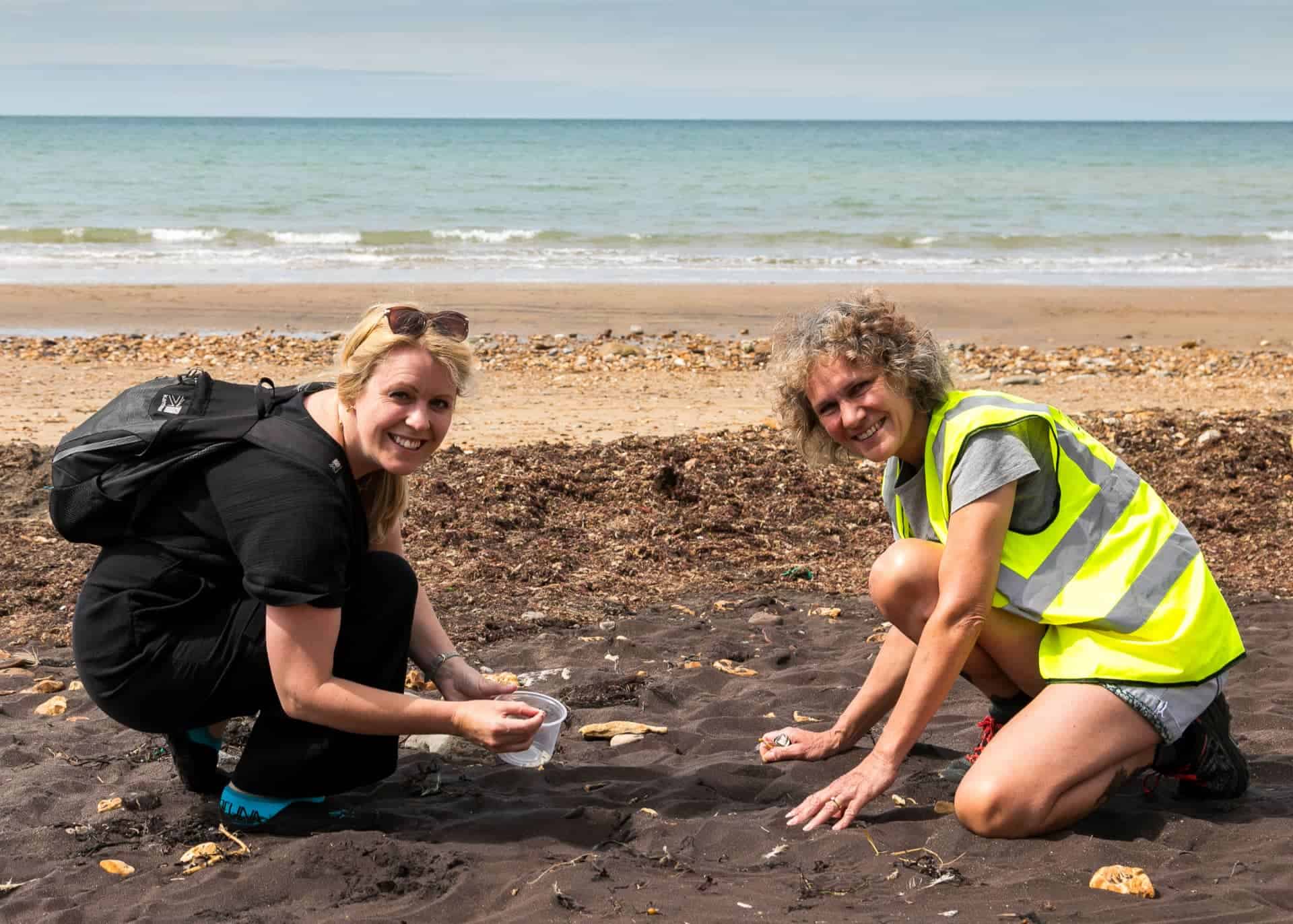
Planet Aware has a schedule of nurdle hunts during September on its website and is also calling on individuals and other community groups to get involved in their own nurdle hunts. They are happy to support schools, local youth groups and others who want to take part and undertake their own nurdle hunts.
Annual event
The annual event is organised by environmental charity, FIDRA; the evidence of this international plastic pollution crisis is mapped globally to share at the Global Plastics Treaty.
Plastic pellets (also known as nurdles) are a form of microplastic pollution, which enter the environment through container spills, poor handling and manufacturing practices.
220+ marine species shown to ingest microplastic debris
Every year, across the world, an estimated 445,970 tonnes of plastic pellets are spilled into the environment. More than 220 marine species have been shown to ingest microplastic debris. Nurdles have been found in the stomachs and digestive tracts of a variety of species, from seabirds in the North Sea and Australia to green turtles and fish off the coasts of Brazil. Globally, nurdle pollution can have further negative impacts to local economies and industry such as fishing and tourism.
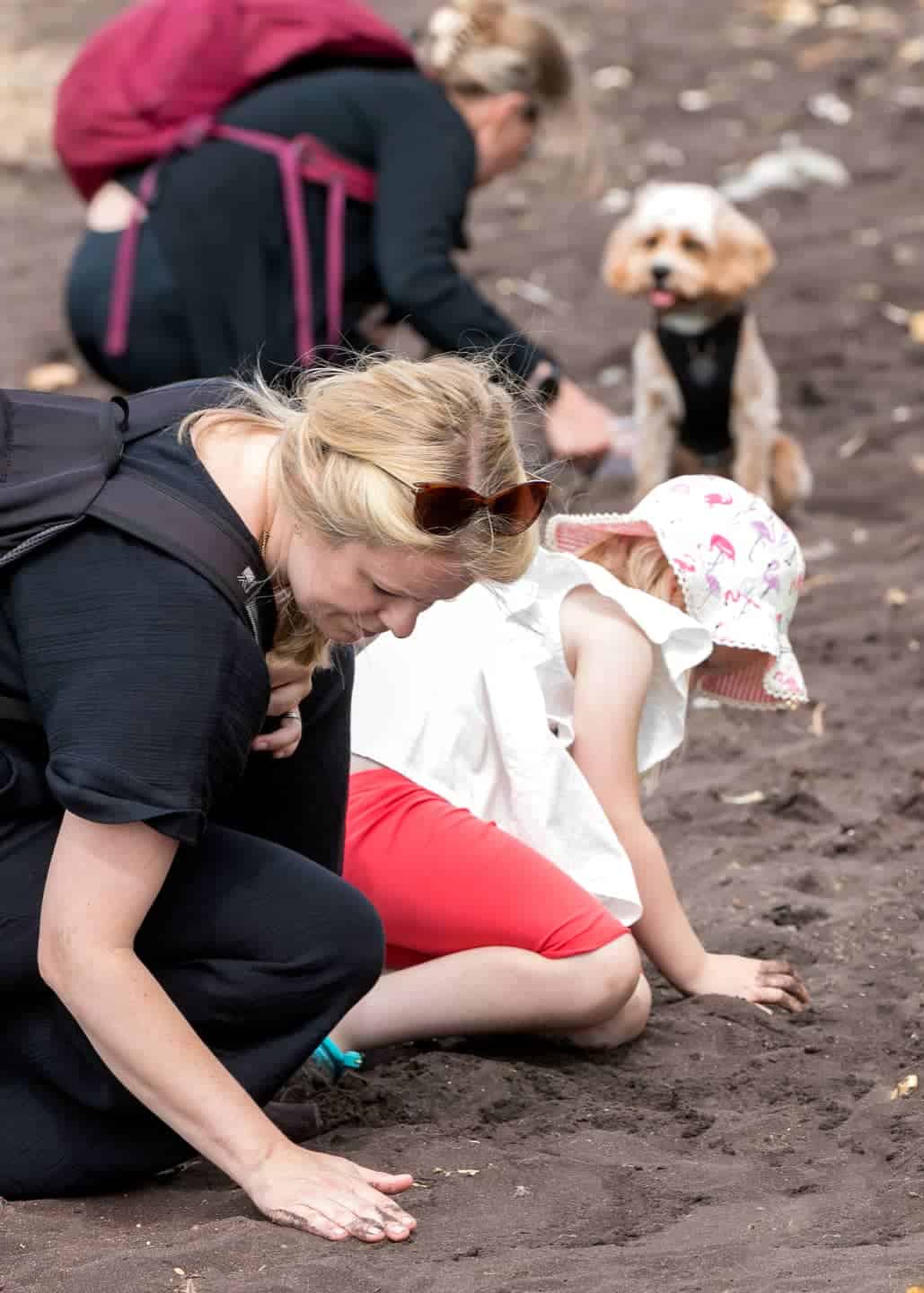
Earlier this year Planet Aware and Oracle environmental consultants held the first Isle of Wight meeting on nurdle pollution with local councillors, our then MP Bob Seely, representatives from National Trust, Crown Estates and National Coast Agency in attendance.
Marshall: Manufacturers near Southampton suspected of contributing to the large numbers of plastic pellets pollution
Committee chair, Sarah Marshall, said,
“As a group of volunteers helping in our spare time, we are proud to have been able to coordinate this information session and demonstration of nurdle clean-up equipment with Oracle environmental services. We hope to continue to raise awareness of these plastic pellets that end up on our Island beaches. Nurdles are the feedstock of all our plastic goods; as our use of plastic goods increases, so does the transportation and use of plastic nurdles. We have found thousands of these on several Isle of Wight beaches, especially in the South. These pellets are harmful to wildlife as they look like marine eggs and contain many different chemicals, so when consumed they are a toxic pill, harming marine wildlife and potentially human health through the food chain. Sadly, once in the environment, nurdles are very difficult to remove.
“In 2024, a container spill resulted in millions of plastic pellets polluting the coast of Northern Spain/Portugal. Routes for ships carrying containers of nurdles pass along the IOW coast so a ready response to any acute nurdle spill should be available.
“It is suspected that manufacturers near to Southampton water contributed to the large numbers of plastic pellets polluting Chessel Bay. Nurdles found on IOW beaches could be as a result of both types of losses.
“The Great Nurdle Hunt is a way we can all get involved and do our bit to help our coast and wider marine environment.”
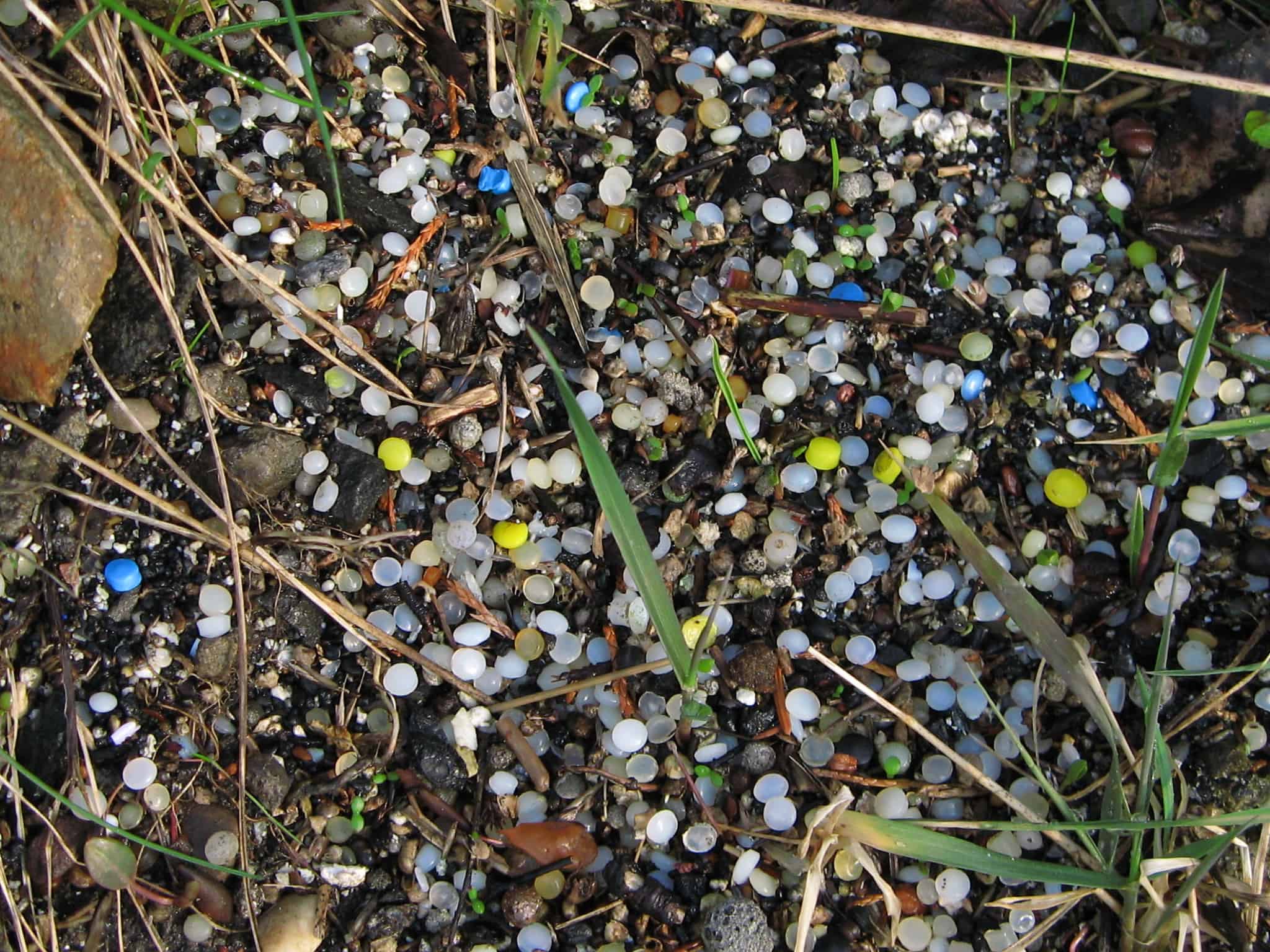
Whitlock: A great time to get involved and make an impact
Dani Whitlock, Project Officer at Fidra, said,
“The Great Global Nurdle Hunt provides crucial evidence of nurdle pollution, but also shows decision makers that people really care and want to see further action to address this issue.
“Results from this year’s hunt will be used to inform and influence the UN Global Plastic Treaty negotiations, which conclude in December 2024. It is a great time to get involved and make an impact, by taking part and logging your finds.”
There are solutions to nurdle pollution
The good news is that there are solutions to nurdle pollution. From trialling solutions with the Scottish government and industry close to home, to raising awareness with EU decision-makers, the United Nations and global trade associations, Fidra are pushing for solutions that work at an international scale.
They are calling for industry to take responsibility of the pellets they handle and ensure that effective best practice measures are implemented at all stages of the supply chain where pellets are handled, to stop this loss at source. Fidra are calling on governments to implement effective laws to ensure that all stages of plastic supply chains are addressed and best practice is followed.
News shared by Andrew on behalf of Planet Aware. Ed

